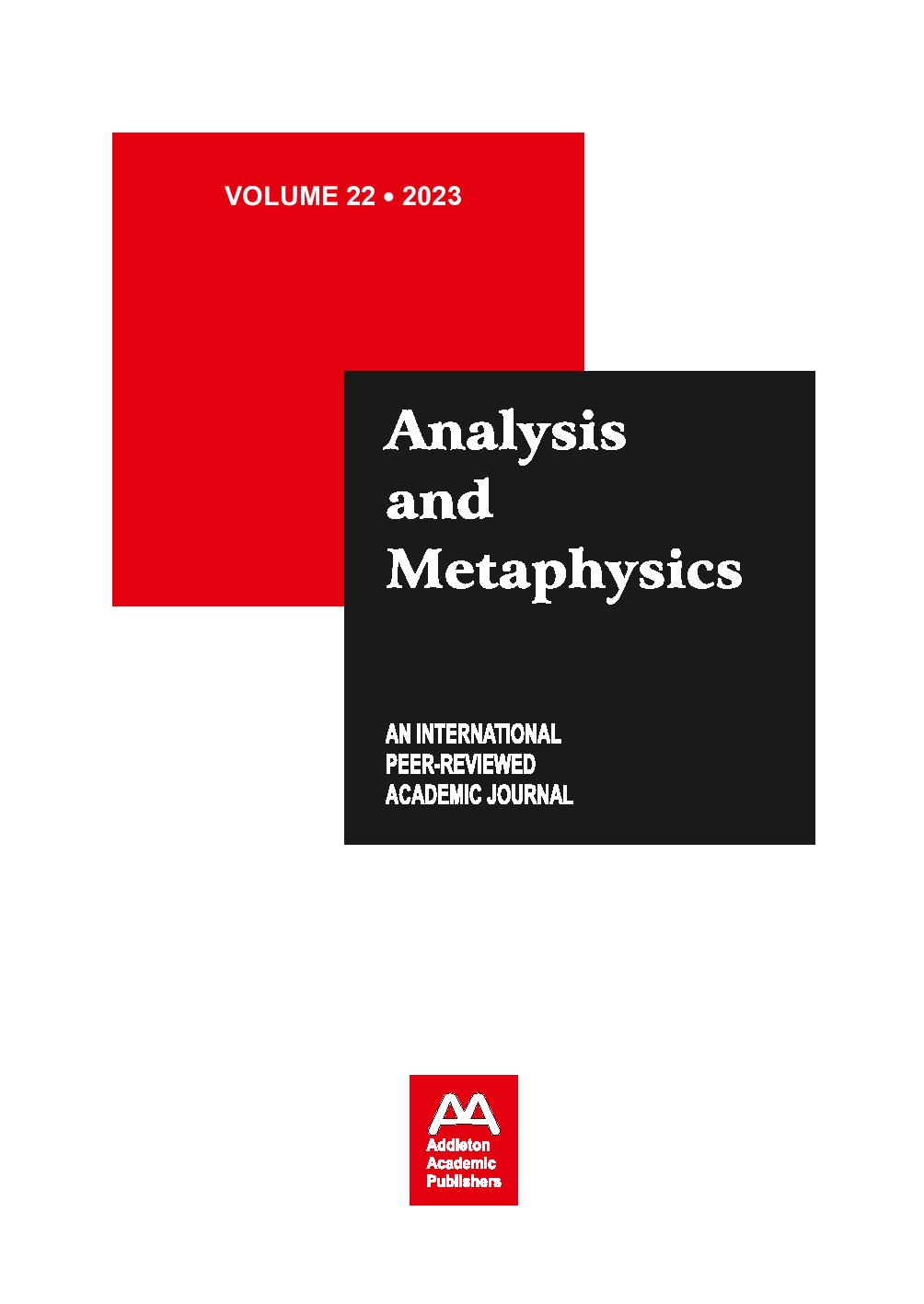Geolocation Data Mining and Tracking, Generative Artificial Intelligence and Spatial Analytics Tools, and Cognitive and Behavioral Algorithms in Immersive Extended Reality Environments
Geolocation Data Mining and Tracking, Generative Artificial Intelligence and Spatial Analytics Tools, and Cognitive and Behavioral Algorithms in Immersive Extended Reality Environments
Author(s): Cristian Ionuț Stan, Ana-Mădălina Potcovaru Bâgu, Cătălina-Oana Dumitrescu, Ray HaywardSubject(s): Management and complex organizations, ICT Information and Communications Technologies
Published by: Addleton Academic Publishers
Keywords: geolocation data mining and tracking; generative artificial intelligence; spatial analytics tool; cognitive and behavioral algorithms; immersive; extended reality;
Summary/Abstract: The aim of this systematic review is to synthesize and analyze generative artificial intelligence and virtual communication and collaboration tools deploying image processing computational algorithms, geolocation data mining and tracking, and employee engagement data. With increasing evidence of generative artificial intelligence algorithms pivotal in decentralized autonomous organizations with regard to automated workplace tasks, cognitive analytics and meaningful performance management, immersive job training, and talent attraction and retention, there is an essential demand for comprehending whether generative artificial intelligence and virtual recruitment tools can optimize employee autonomy and creativity, virtual teamworks, and tailored job upskilling. A quantitative literature review of ProQuest, Scopus, and the Web of Science was carried out throughout July 2023, with search terms including “generative artificial intelligence and spatial analytics tools” + “geolocation data mining and tracking,” “cognitive and behavioral algorithms,” and “immersive extended reality environments.” As research published in 2023 was inspected, only 154 articles satisfied the eligibility criteria, and 50 mainly empirical sources were selected. Data visualization tools: Dimensions (bibliometric mapping) and VOSviewer (layout algorithms). Reporting quality assessment tool: PRISMA. Methodological quality assessment tools include: AXIS, Distiller SR, ROBIS, and SRDR.
Journal: Analysis and Metaphysics
- Issue Year: 2023
- Issue No: 22
- Page Range: 294-312
- Page Count: 19
- Language: English
- Content File-PDF

